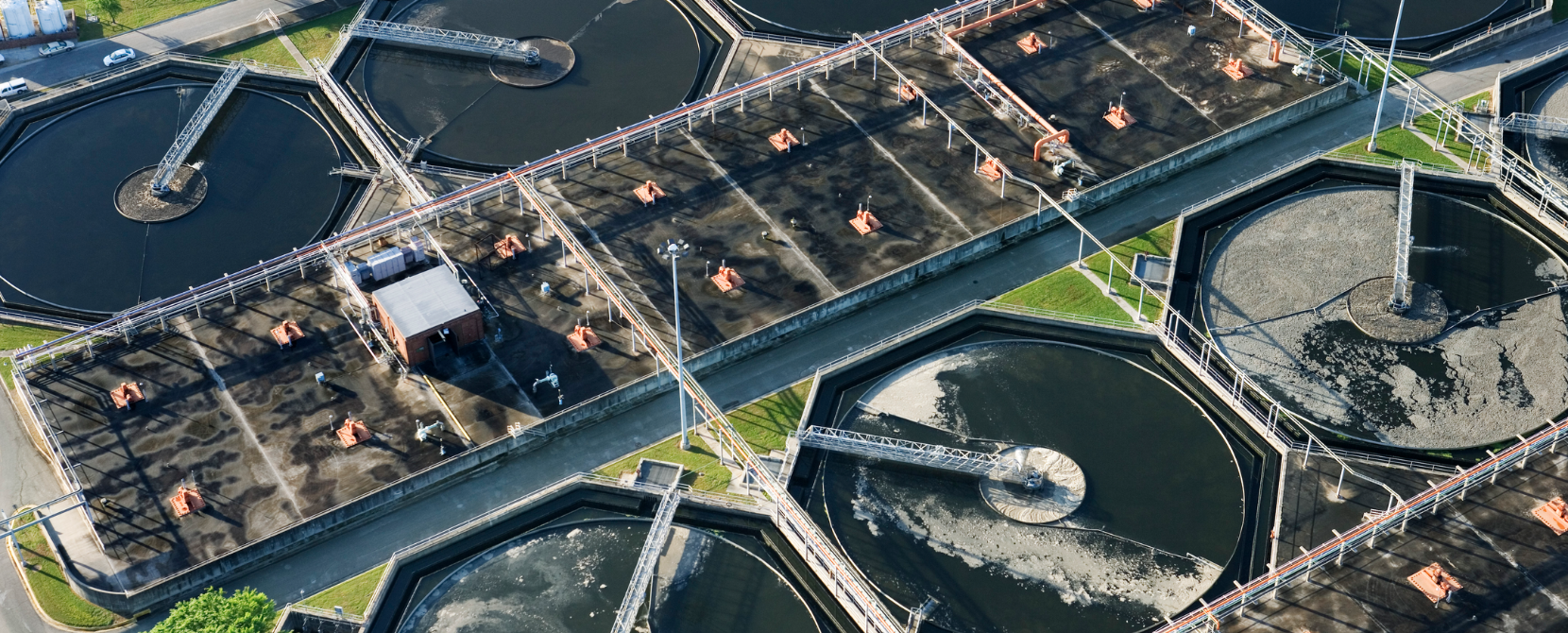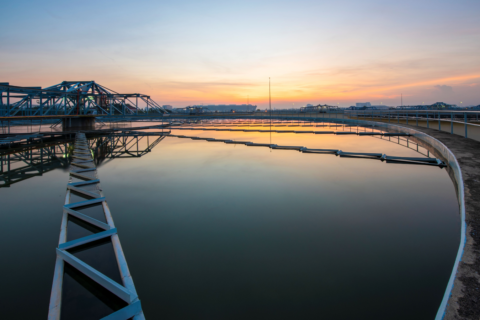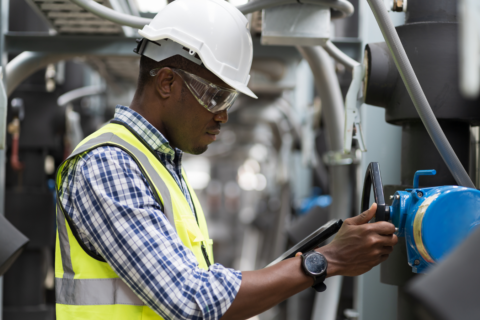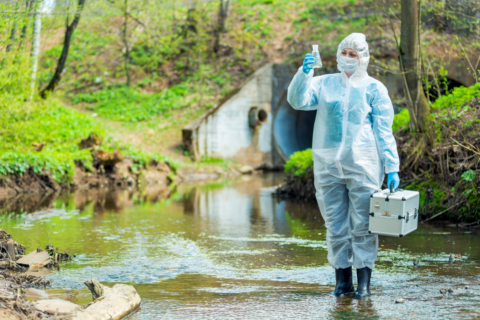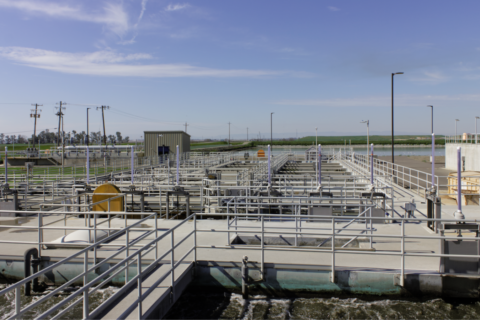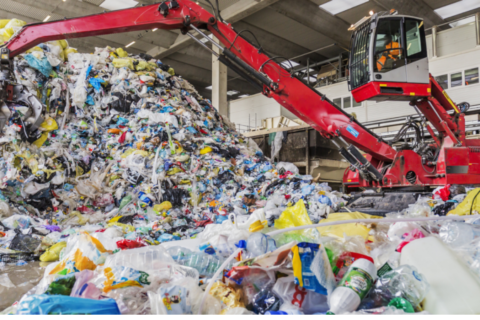When we turn on the tap or flush the toilet, we often don’t think about where all that water goes. Wastewater, the used water from our homes, schools, and businesses, holds valuable information about the health of our community. Wastewater monitoring can help cities manage wastewater effectively and also creates a safer, healthier, and more responsive living environment for their communities. This blog takes a closer look at five important things to know about wastewater monitoring and how it can help city leaders ensure the health of their communities.
1. Wastewater is more than just water
Wastewater is a mix of bits and pieces that go down our drains – soap, food bits, medicines, toilet paper, and even poop. When this mix is let loose into the environment without proper cleaning, it can mess up our lakes, rivers, and oceans. And not only that, it can be bad for our health too.
2. Wastewater monitoring gives communities a health checkup
Just as doctors examine us to catch early signs of illness, experts examine wastewater to see what’s in it. They look for things like diseases that can affect our health. Wastewater monitoring data can help city leaders identify disease spread early and take steps to keep everyone safe.
3. Wastewater monitoring is an early warning system for disease spread
Wastewater holds clues about outbreaks of diseases like COVID-19, polio, flu, and more before they happen. When experts test wastewater, they can notice if diseases are starting to spread more. This helps them catch possible outbreaks early and take action to keep everyone safe. They don’t leave anyone out—every home, business, and neighborhood connected to the sewage system is included in the process.
4. Monitoring wastewater involves sampling, testing, and analysis
- Sampling: Small amounts of wastewater are collected from different points in the treatment process. Experts use these samples to see what’s in the water.
- Testing: Using various tools and equipment, they test the samples to find out the levels of chemicals, bacteria, and other substances.
- Analysis: Experts analyze the data to understand the changes in disease spread and whether new diseases are starting to appear. Analysis results enable city leaders to make proactive decisions to protect community health and well-being.
5. Wastewater monitoring is a special tool for city leaders that benefits everyone
City leaders can use information from monitoring wastewater to make important decisions that protect the health of everyone in their communities. Wastewater monitoring data can help city leaders:
- Talk to the public in better ways
- Promote actions to keep the community safe (like wearing masks and staying apart)
- Send medical tests, vaccines, and treatments to the people and places that need them the most
- Make sure hospitals and clinics have enough staff
Wastewater might not be dinner table conversations, but it impacts our lives more than we realize. Wastewater monitoring is an important tool that can help city leaders make good decisions and take early action to prevent disease spread to keep the people they serve healthy. So, next time you flush, remember that what you send down the drain has important information that can help create and maintain healthy communities where everyone thrives.
About the authors:
Sara Zeigler and Aliyah Ali are freelance writers at the National League of Cities.
This article is a product of NLC’s partnership with WastewsterSCAN. The National League of Cities (NLC) is partnering with WastewaterSCAN, a national initiative to monitor wastewater for a growing list of infectious diseases including COVID-19 and its variants, flu, and RSV gives communities reliable, sensitive, and actionable data to help them make public health decisions. As a national partner, NLC is raising awareness about the important role of wastewater monitoring in guiding public health responses, creating learning opportunities for NLC members interested in wastewater monitoring, and sharing information with communities across the country about WastewaterSCAN.
